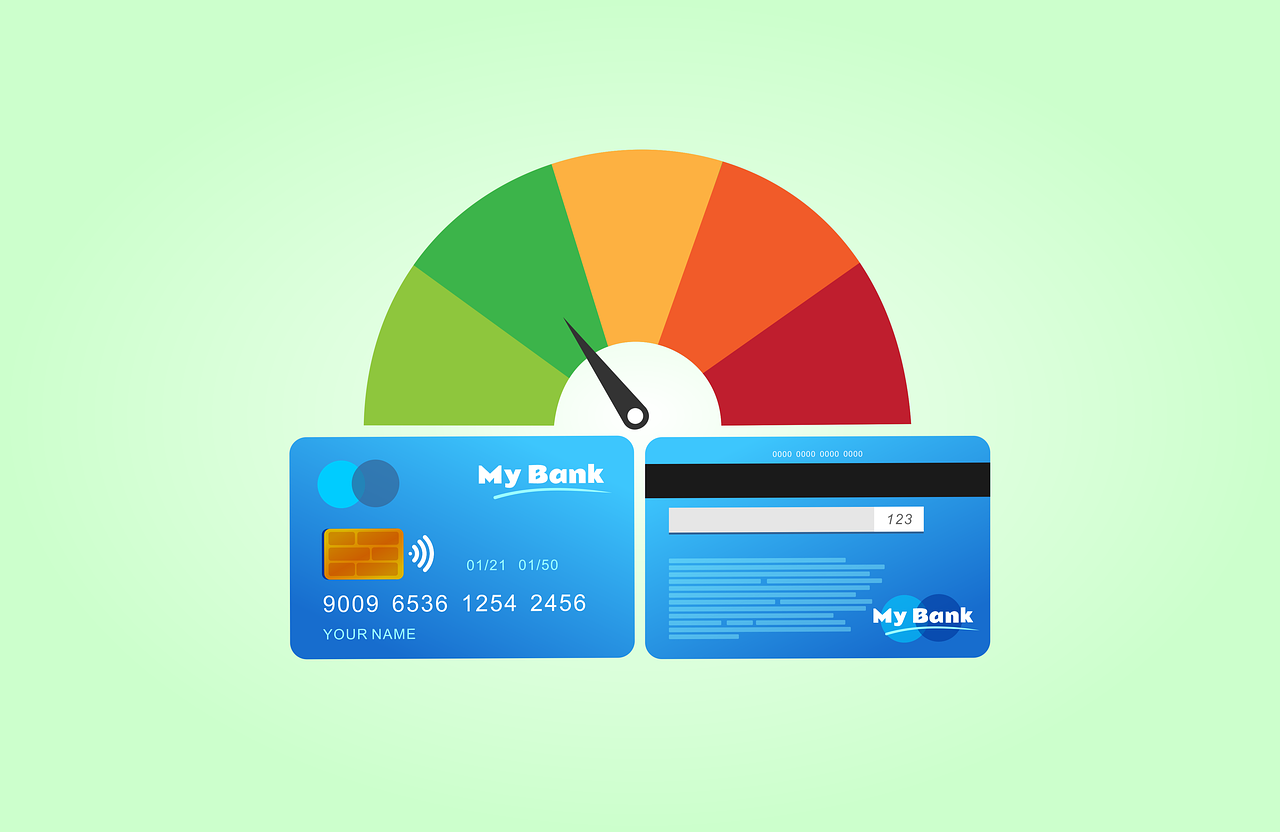- Investure Report
- Posts
- Understanding Credit Scores
Understanding Credit Scores
A brief look into the Numbers: Insights for a Better Understanding of your Credit Score.
Your credit score is a crucial part of your financial health. It determines your ability to borrow money, the interest rates you receive, and even your eligibility for certain jobs or housing. Here's everything you need to know about credit scores and how to improve them.
What is a Credit Score?
A credit score is a three-digit number that represents your creditworthiness. It is calculated based on your credit history, including your payment history, amounts owed, length of credit history, types of credit used, and new credit inquiries. The most common credit score range is 300 to 850, with higher scores indicating better creditworthiness.

Why is Your Credit Score Important?
Loan Approvals:
Lenders rely on your credit score to assess the risk of lending to you. A higher score demonstrates that you are a responsible borrower, increasing your chances of approval for loans such as mortgages, car loans, and personal loans. Conversely, a low score may result in loan denials or the need for a co-signer.
Interest Rates:
Your credit score directly impacts the interest rates you are offered. For example, a higher score can qualify you for lower interest rates on credit cards and loans, saving you thousands of dollars over the life of a loan. On the other hand, a lower score may lead to higher interest rates, making borrowing more expensive.
Employment Opportunities:
Some employers, especially in industries like finance or government, may review your credit score as part of the hiring process. A strong credit score can reflect positively on your financial responsibility and trustworthiness, while a poor score might raise concerns about your reliability.
Housing:
Landlords often check credit scores to evaluate potential tenants. A good credit score can make it easier to secure rental housing, as it signals that you are likely to pay rent on time. A low score might result in higher security deposits or even rental application rejections.
Access to Credit Cards and Rewards:
A strong credit score can qualify you for premium credit cards with better rewards, higher credit limits, and additional perks like travel benefits or cashback offers. Lower scores may limit your options to secured or subprime credit cards with higher fees.

Factors That Affect Your Credit Score
Payment History (35%):
This is the most significant factor in your credit score. Lenders want to see a consistent history of on-time payments, as it indicates reliability. Even one missed payment can negatively impact your score. Setting up automatic payments or reminders can help ensure you never miss a due date.
Credit Utilization (30%):
Credit utilization refers to the percentage of your available credit that you are using. For example, if you have a credit limit of $10,000 and a balance of $3,000, your utilization rate is 30%. Keeping this rate below 30% is ideal, and under 10% is even better for boosting your score. Paying down balances and requesting credit limit increases can help improve this factor.
Length of Credit History (15%):
The longer your credit accounts have been open, the better it is for your score. This factor considers the age of your oldest account, the age of your newest account, and the average age of all accounts. Avoid closing old accounts, even if you no longer use them, as they contribute to your credit history length.
Credit Mix (10%):
Having a diverse mix of credit types, such as credit cards, auto loans, mortgages, and student loans, can positively impact your score. It shows lenders that you can manage different types of credit responsibly. However, don’t open new accounts just to diversify your credit mix, as unnecessary inquiries can hurt your score.
New Credit (10%):
Each time you apply for credit, a hard inquiry is added to your credit report. Too many hard inquiries in a short period can lower your score, as it may signal financial distress. Space out credit applications and only apply for new credit when necessary. Soft inquiries, such as checking your own credit score, do not affect your score.